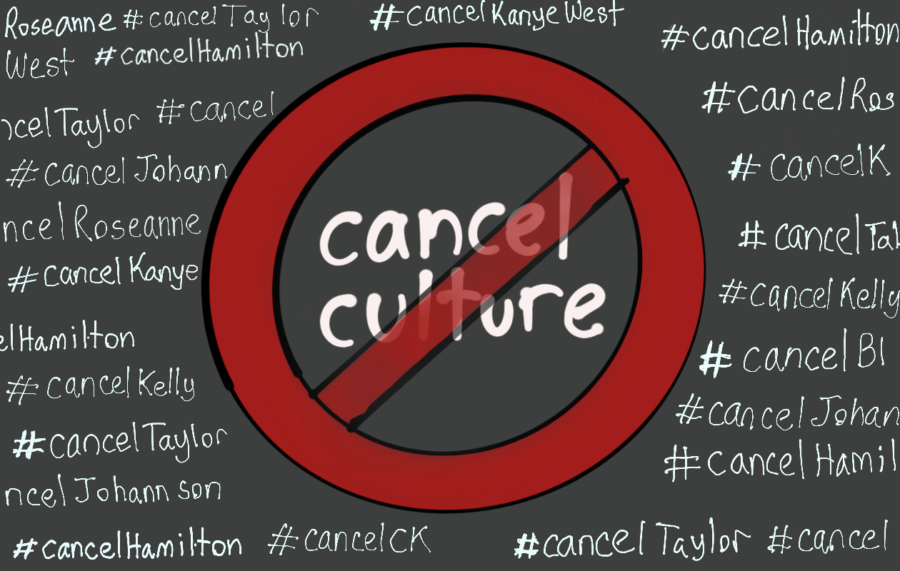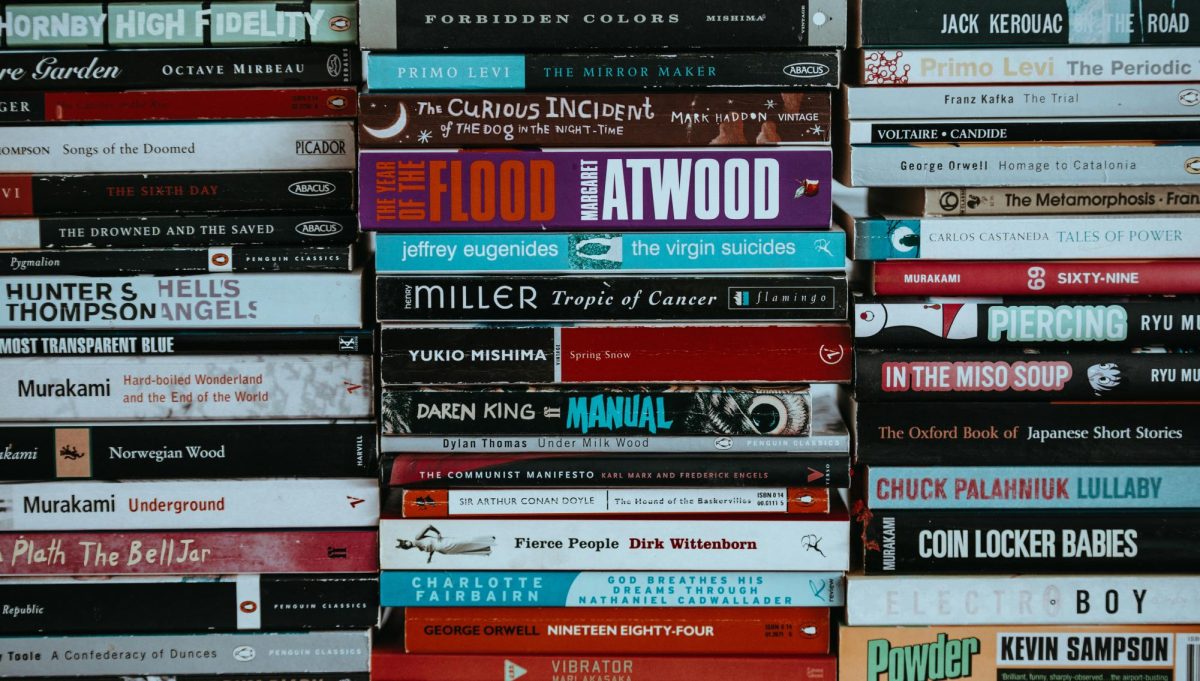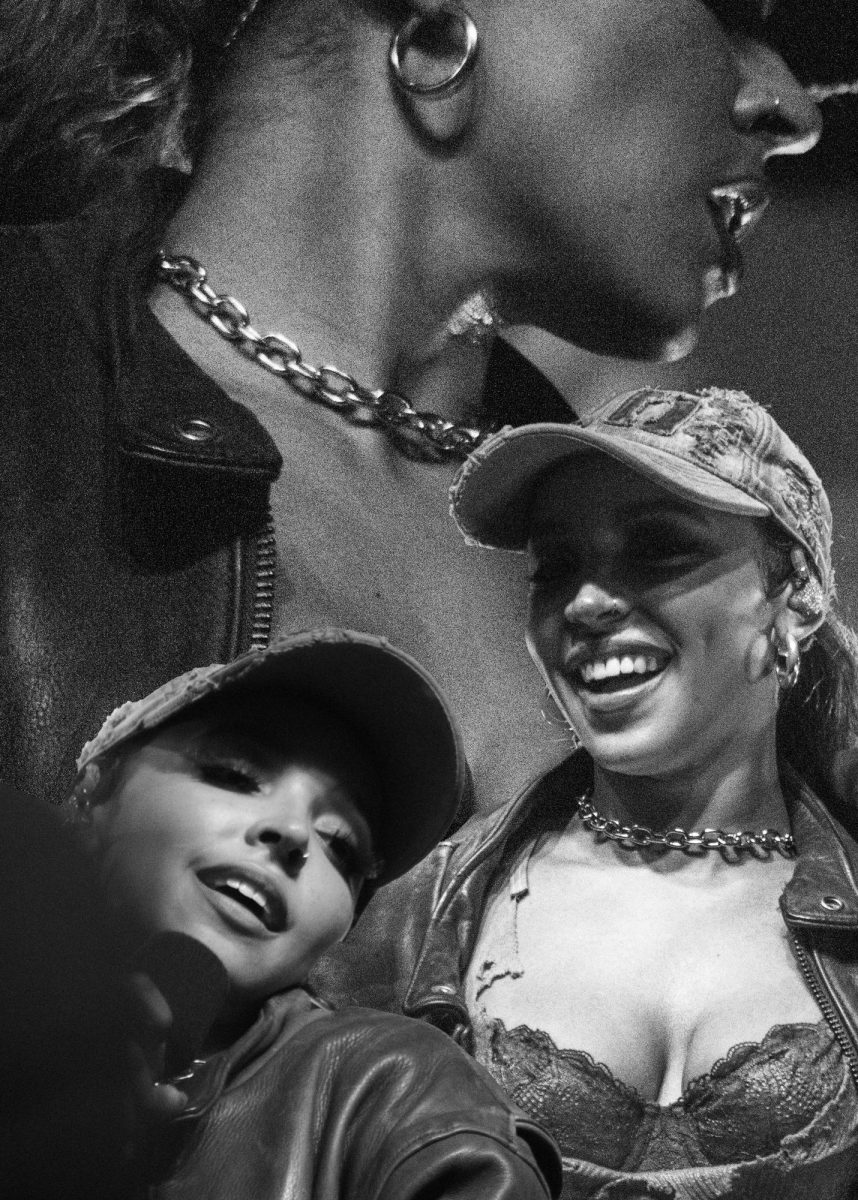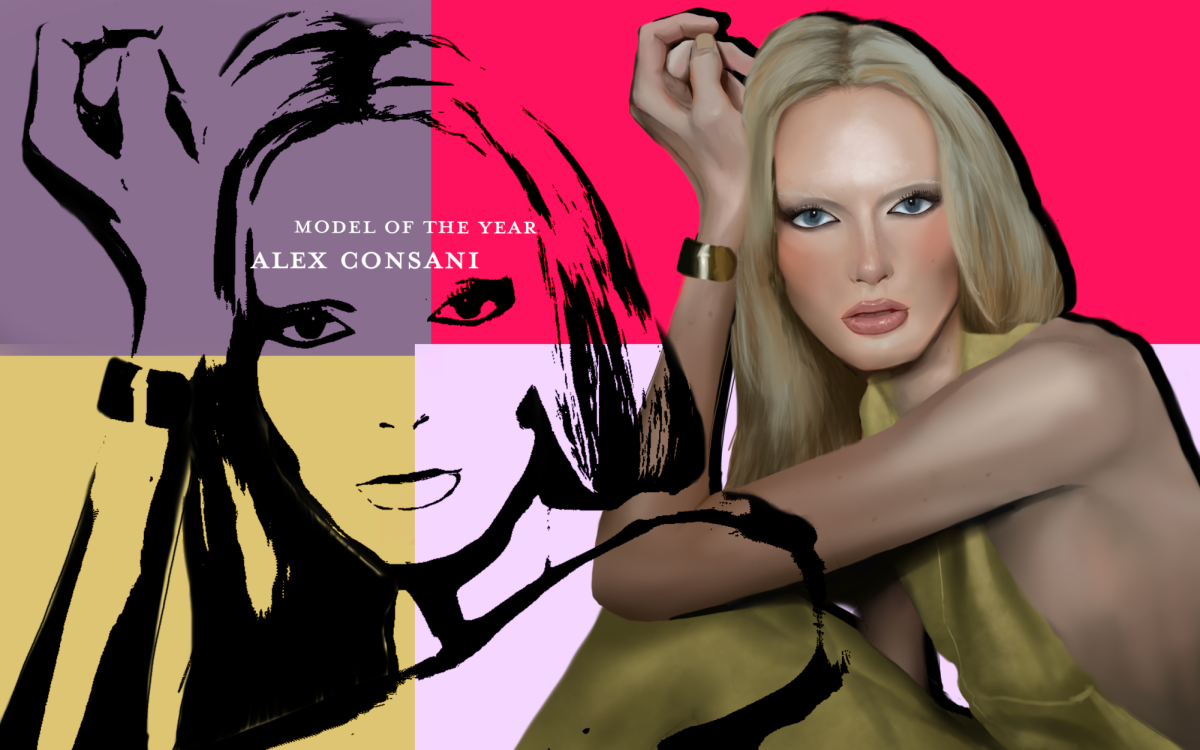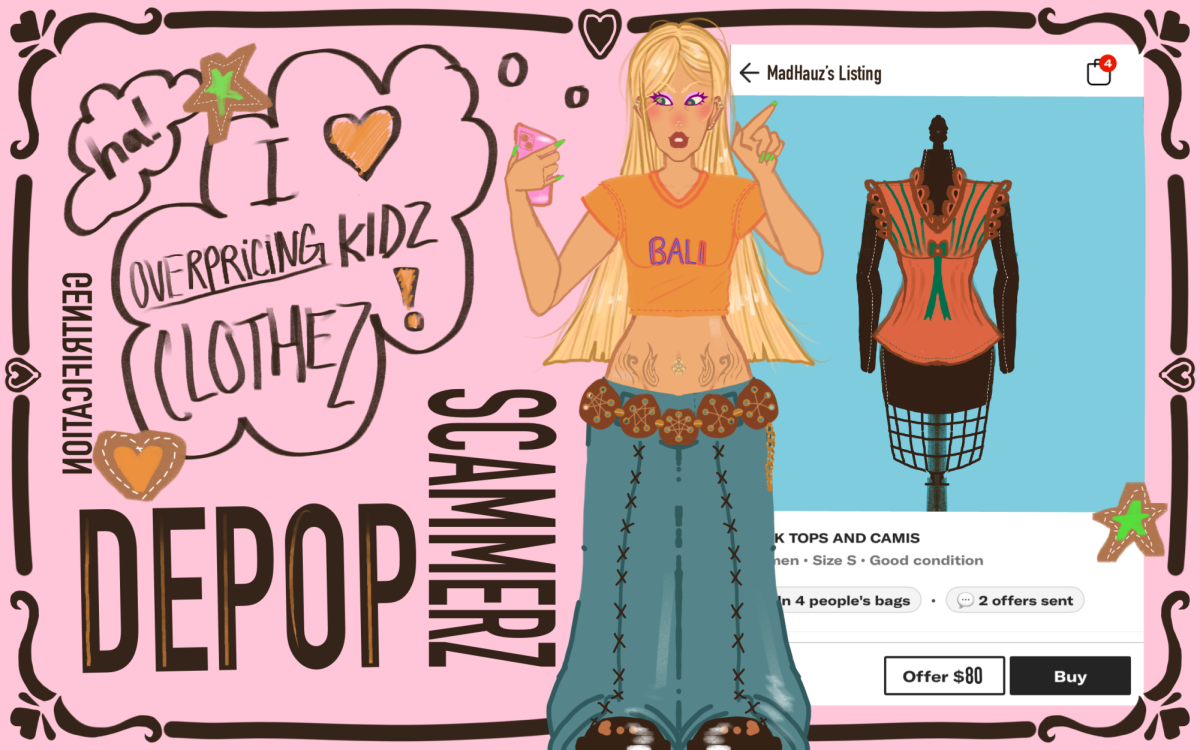Logging onto Twitter and seeing a celebrity’s name trending instantly sparks curiosity. Are they dead? Did they do something wrong? Are people loving their latest album? Often, the celebrity is in hot water over something they did or said and social media users have “canceled” them.
This cancel culture has recently grown as a result of the ever increasing presence of social media in our lives. What exactly is cancel culture, though? It can roughly be explained as a way to hold people accountable for their actions by drawing attention to what they did and “canceling” them for it.
“Canceling” frequently takes the form of boycotting the celebrity’s work, whether it is a movie, television show, or an album. A long list of celebrities have been canceled for different reasons, such as R. Kelly, Kanye West, Louis C.K., Scarlett Johannson and many more.
Some celebrities have been canceled for more serious reasons such as sexual assault, abuse, racism and sexism. For example, Harvey Weinstein and Bill Cosby are two high level celebrities whose once successful careers have truly been canceled after their actions were exposed. They were both accused of sexual assault and are now serving time in prison.
In cases like these, cancel culture can help spread information about individuals who have committed crimes and serious offenses to raise awareness. People need to be held accountable for their actions, and this is what cancel culture aims to do.
Social media has provided an outlet for people from all walks of life to voice their opinions, which can be a good thing since more voices are being heard. However, there are some issues with it as well.
People can use social media as a way to call out unacceptable behavior, yet it can quickly turn hateful. A common theme seen in social media is calling out problematic people. Now, all types of racism, sexism, homophobia, transphobia and other offensive acts and languages should be addressed in order to advocate for a better future. While talking about these problems are necessary, sometimes the dialogue surrounding the event can quickly turn around and become hateful.
For example, Taylor Swift is among the celebrities who have been canceled by people who believe she is problematic. This largely stemmed from a 2016 feud with Kanye West and Kim Kardashian over West’s song “Famous” which features a line about Swift that she reportedly did not consent to. West and Kardashian’s fans took to Twitter to cancel Swift, even getting the hashtag #TaylorSwiftIsCanceled and #TaylorSwiftIsOverParty to trend. This year, it was revealed that Swift had been telling the truth and the clip that Kardashian posted had been edited.
In a 2019 interview with Vogue, Swift opened up about her experience with cancel culture.
“A mass public shaming, with millions of people saying you are “canceled,” is a very isolating experience,” Swift said. “I don’t think there are that many people who can actually understand what it’s like to have millions of people hate you very loudly.”
Despite telling the truth about the event, Swift was the one canceled and sent harsh online messages. The quick, and often negative, reactions that stem from cancel culture has effects outside of the celebrity world as well. People could be afraid to make mistakes or say the wrong thing since they know that they can be called out on social media for it.
While it is important to be held accountable for one’s actions, it is also important to learn and grow from your mistakes to become a better version of yourself. Cancel culture does spark necessary conversations, yet it can also lead to harm as it turns large numbers of people against someone.
Overall, some mistakes cannot be ignored or brushed off, like Weinstein and Cosby, yet sometimes the internet could be less harsh towards someone who made a mistake and is willing to change themselves after being held accountable.

